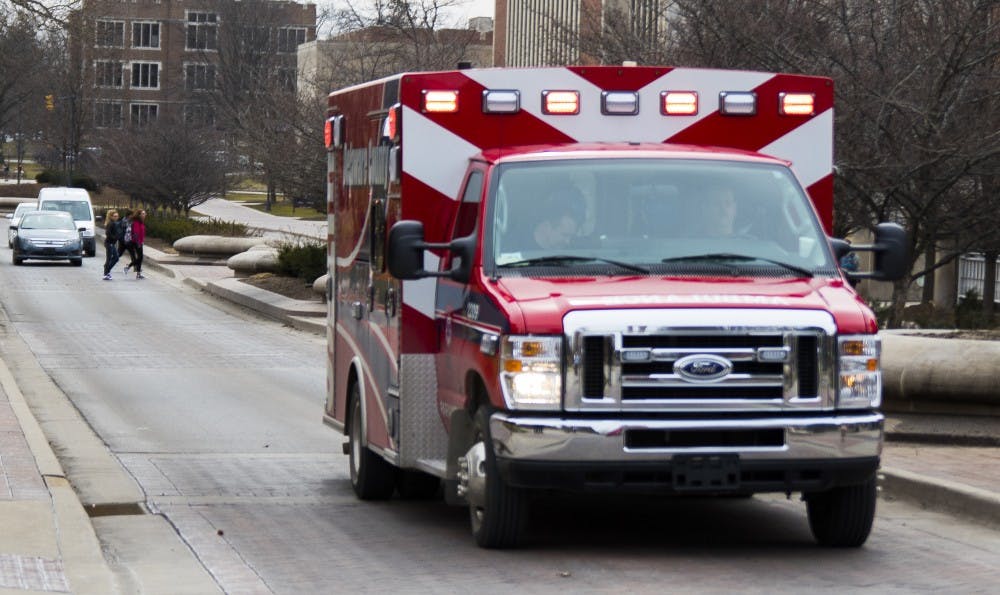Who has strokes?
- Each year, more than 795,000 people have strokes in the US.
- Stroke is the No. 5 cause of death in the US
- Every four minutes, someone has a stroke
- 18 percent of the strokes occur in people under the age of 55
Source: Centers for Disease Control
The number of strokes occurring in people under 50 is sharply increasing.
The majority of people who have strokes are older, but the number of people ages 15-44 who had a stroke increased by more than a third between 1995 and 2008, according to an American Heart Association study.
This increase is believed to be due to the rising number of people with high blood pressure.
The brain relies on blood vessels to bring it oxygen and nutrients, but sometimes these arteries become blocked by fatty deposits and stop working. If blood can not reach its intended region of the brain, the brain cells may die and cause severe damage.
This is what medical professionals refer to as an ischemic stroke. Chances are, if you or someone you know has experienced a stroke it was ischemic — this accounts for 88 percent of all strokes.
There are many risk factors that can contribute to strokes, however the most common reason is obesity and the wide range of health issues that come with it.
Obesity rates have more than doubled in adults and children since the 1970s, according to the National Center for Health Statistics. In addition to this, the National Institute of Diabetes and Digestive and Kidney Diseases reported that over 74 percent of men and 64 percent of woman are over weight.
Indiana is no exception. The annual State of Obesity report found Indiana to be the seventh fattest state, with around 32 percent of Hoosiers being obese.
One of the health complications caused by obesity is high blood pressure. The Centers for Disease Control conducted a health study from 1995-2008 that found that one in three people under the age of 50 who suffered a stroke had high blood pressure.
When a person is overweight, their kidneys are crushed by the extra body fat. This makes blood need a higher pressure to be moved around the body. This higher blood pressure puts stress on arteries and can create thin spots that are more likely to rupture, resulting in an ischemic stroke.
Kinesiology professor Shannon Powers said obesity and high blood pressure are related.
“Typically these conditions are linked and not isolated, meaning, when you have one, the other may follow, similar to a domino effect," Powers said.
Once someone suffers a stroke, the road to recovery may be long and difficult. When someone suffers a stroke, they can have many problems, including partial paralysis, difficulty speaking, changes in taste and visual problems. Often the loss of these everyday functions cause people recovering from a stroke to develop depression.
Regardless of the statistics, Powers said she still holds faith that this issue is manageable
“Strokes can largely be avoided in young people if they decrease preventable or manageable risk factors: physical inactivity, diet and nutrition, smoking, substance/alcohol abuse and obesity," she said.





